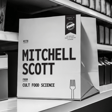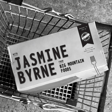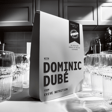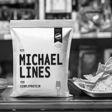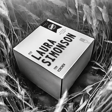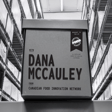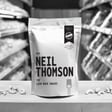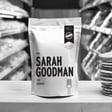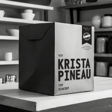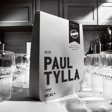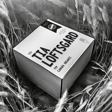
Arzeena Hamir | LUSH Valley
In this episode we chat with Arzeena Hamir, a dedicated farmer, community leader, and advocate for local food systems.
Arzeena shares her journey from studying crop science and working internationally to settling into a rural community and owning an organic farm.
We dive into the challenges and nuances of small-scale farming and we discuss cooperatives, ecological practices, profitability, and the consumer obsession with perfect-looking produce.
To learn more go to: https://lushvalley.org/
To learn about how we scale food brands go here: https://www.ethicalfoodgroup.com/
Note: File updated June 24, 2025 (there was a tech issue at the end, sorry - delete and re-download if it doesn't do it automatically).
Here's a summary of this interview:
Arzeena’s big food system wish: permanent policy-based support for local food procurement in public institutions.
She has a rich background in international agricultural development and now owns Amara Farm in BC.
Food security, to Arzeena, means consistent access to affordable, healthy food for all Canadians, regardless of location or season.
She runs a cooperative marketing initiative, helping five farms share resources, reduce costs, and access markets more effectively.
Arzeena sees cooperative farming as key to sustaining small farmers, offering shared infrastructure and collective marketing.
She believes scaling cooperatives should be driven by farmer needs, not just the drive for bigger operations.
Challenges in vegetable farming: balancing regenerative practices with the reality of labor-intensive costs and market pricing.
Arzeena encourages consumers to embrace “ugly” produce, focusing on flavour and nutrition over appearance.
She critiques the consumer preference for perfect-looking produce, calling for more support for local and organic farmers.
She sees a deep, physical, and spiritual connection to the land through locally grown food, highlighting the importance of knowing your farmer and the soil it grows in.
